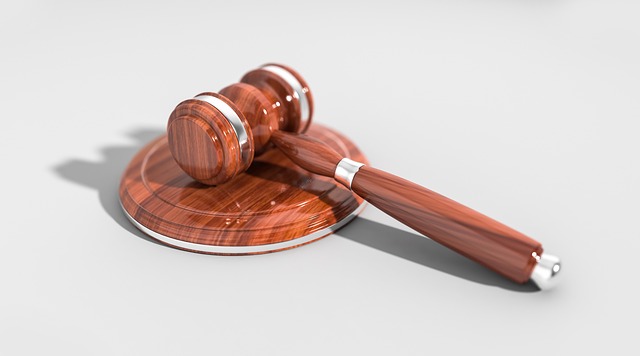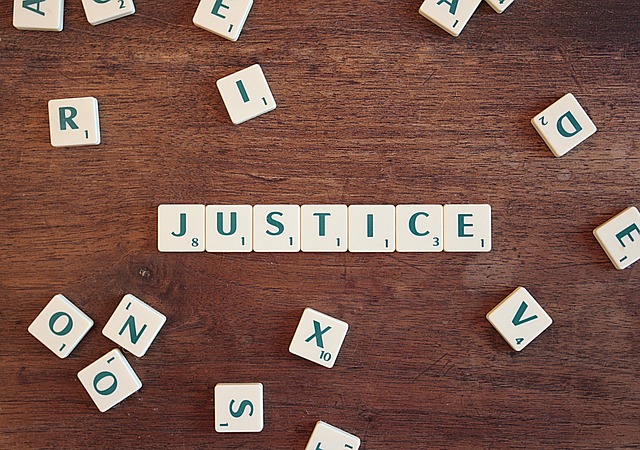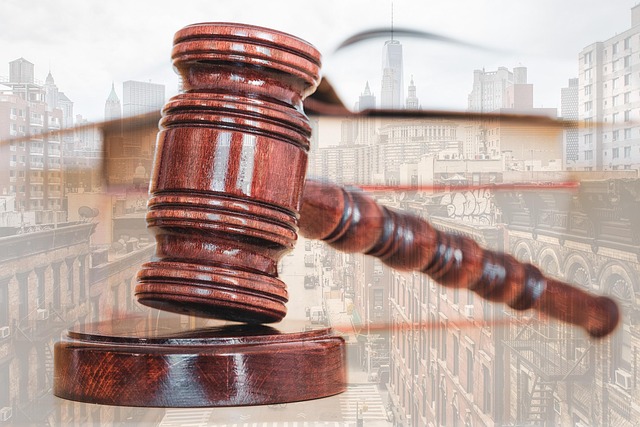The Role of Evidence in Environmental Crime Trials is critical for establishing criminal intent. Meticulous documentation, witness testimonies, and data are crucial to prove negligence or intentional harm. Complex offenses like illegal emissions require concrete proof of defendants' awareness and willful disregard for environmental regulations. Skilled attorneys navigate intricate details while ensuring justice for ecological preservation, deterring future crimes through robust evidence-based trials.
Environmental Crime Trials: Uncovering Responsibility in Eco-Offenses
As environmental crimes become increasingly prevalent, the legal system faces unique challenges in prosecuting these cases. This article delves into the intricacies of environmental crime trials, examining key aspects that drive successful prosecutions. We explore the legal framework guiding these cases, the gathering and interpretation of evidence, and the intricate issue of attributing criminal intent. By understanding these elements, we can assess the impact of such trials and predict future developments in this evolving field, with a focus on the crucial role of evidence in establishing criminal liability.
- Understanding Environmental Crime Trials
- The Legal Framework for Prosecution
- Gathering and Interpreting Evidence
- Challenges in Attributing Criminal Intent
- Impact and Future Directions
Understanding Environmental Crime Trials

Environmental Crime Trials delve into complex cases where individuals or corporations are accused of harming the environment, often through illegal activities such as pollution, deforestation, or toxic waste disposal. Understanding these trials involves recognizing the unique challenges in establishing criminal intent in environmental matters. Unlike traditional criminal cases, environmental crimes frequently involve subtle and long-term impacts, making it crucial for prosecutors to present strong evidence linking defendants to specific actions that caused environmental damage.
The role of evidence in these trials is pivotal, especially when dealing with white collar defense or general criminal defense strategies. Lawyers representing corporate and individual clients must carefully examine scientific data, expert opinions, and direct observations to build a solid case. Secondary considerations, such as financial records and internal communications, also play a significant part in proving culpability, ensuring justice for environmental transgressions.
The Legal Framework for Prosecution

The legal framework for prosecuting environmental crimes is a complex web that relies heavily on the presentation and interpretation of evidence. In many jurisdictions, environmental regulations are primarily enforced through civil actions, focusing on penalties and remediation. However, when criminal liability is established, the process can lead to jury trials where the role of evidence in proving criminal intent becomes paramount. The prosecution must demonstrate beyond a reasonable doubt that individuals or entities have intentionally violated environmental laws, often involving intricate scientific analysis and expert testimony.
Evidence plays a crucial role in environmental crime trials, offering insights into actions, decisions, and knowledge that may have been pivotal in the violation. This includes documentation, surveillance footage, witness statements, and forensic reports. Unlike general criminal defense strategies that might focus on reasonable doubt or lack of intent, environmental cases emphasize the presentation and credibility of evidence to establish a clear picture of criminal culpability.
Gathering and Interpreting Evidence

In Environmental Crime Trials, gathering and interpreting evidence play a pivotal role in establishing criminal intent. This process begins with meticulous documentation at every stage of the investigative and enforcement process. Investigators must collect and preserve physical evidence, witness testimonies, and relevant data to build a compelling case. The Role of Evidence in Establishing Criminal Intent is paramount as it helps in reconstructing events, demonstrating negligence or intentional harm, and correlating actions with the specific environmental crimes alleged.
White collar and economic crimes often lack tangible victimisation, making it crucial for evidence to fill this gap. Jurors rely on evidence presented during jury trials to understand complex environmental issues and determine liability. Effective interpretation involves translating scientific data, regulatory compliance records, and financial transactions into clear narratives that resonate with the lay understanding of the jury. This ensures that justice is served and those responsible are held accountable for their actions.
Challenges in Attributing Criminal Intent

Attributing criminal intent in environmental crime trials poses unique challenges due to the often complex and multifaceted nature of these offenses. Unlike traditional crimes where culpable actions are more readily observable, environmental crimes may involve subtle violations, such as illegal emissions or waste disposal, making it difficult to prove an individual’s conscious decision to break the law. The onus is on prosecutors to navigate this complexity and demonstrate that a defendant acted with knowledge and intent, which can be challenging in cases where decisions are made within corporate structures or through technical processes.
The role of evidence in establishing criminal intent is pivotal. Documenting and presenting concrete proof of a defendant’s awareness of environmental regulations and their willful disregard for compliance becomes crucial. This may include internal company communications, expert testimony on industry standards, or direct evidence of personal involvement in illegal activities. A successful white collar defense strategy often hinges on challenging the admissibility and interpretation of such evidence, as general criminal defense attorneys must navigate legal nuances to protect their clients’ rights while unraveling the intricate details of environmental infractions.
Impact and Future Directions

Environmental crime trials are reshaping the landscape of justice, demonstrating the growing recognition of ecological preservation as a societal imperative. The impact of these trials extends beyond punishment; they serve as powerful deterrents, signaling to potential perpetrators that environmental degradation will no longer be tolerated. By presenting robust evidence linking defendants to harmful actions, these cases send a clear message: criminal intent in environmental matters will not go unpunished.
Looking ahead, the future of environmental justice trials hinges on continued innovation and collaboration. Advancements in technology, such as enhanced data analysis and forensic tools, will play a pivotal role in establishing criminal intent more effectively. As white collar and economic crimes become increasingly complex, skilled white collar defense attorneys will need to adapt, employing winning challenging defense strategies that not only challenge evidence but also highlight the nuances of regulatory frameworks. This evolving dynamic promises to shape the way we address and prevent environmental crimes, ultimately fostering a more sustainable future.
Environmental crime trials play a pivotal role in addressing ecosystem degradation and holding perpetrators accountable. By understanding the legal framework, gathering robust evidence, and navigating challenges in attributing criminal intent, these proceedings can significantly impact environmental conservation. The role of evidence, particularly in establishing criminal intent, cannot be overstated. As the field evolves, continued development in evidence collection methods and legal strategies will be crucial to ensure justice and deter future environmental crimes.






